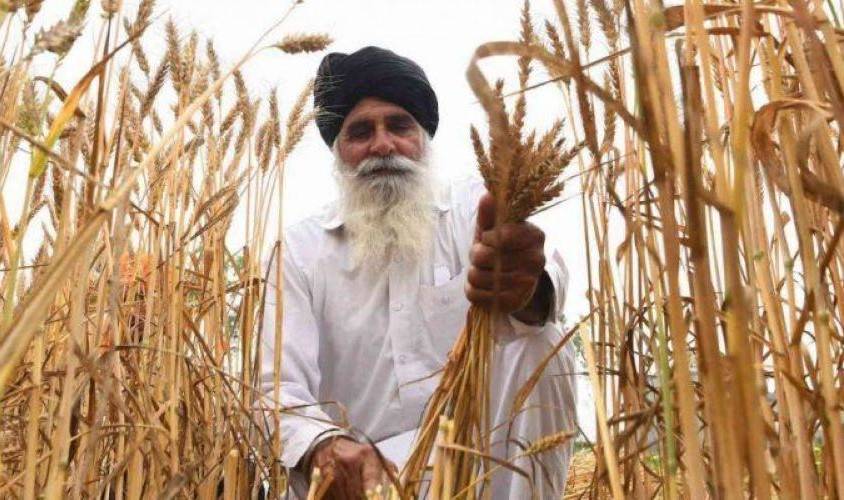
Mulches conserve soil moisture, improve soil nutritional status, limit erosion losses, inhibit weeds in crop plants, and remove pesticide, fertilizer, and heavy metal residues. It enhance both the aesthetic and economic value of landscapes.
Agro-scientists found mulching beneficial during a study of wheat fields recently. This method has also reduced weed growth and increased the water-holding capacity of the soil in the fields, making the wheat plants stronger and better able to withstand weather fluctuations.
There was rarely any trace of yellow rust or any pest attack and the growth of the crops was also good, as per Dr Jaswinder Singh Brar, Plant Protection Officer.
He said less lodging was also observed in the wheat crop sown with zero till drill and happy seeders. Even when compared to wheat crops sown after burning the paddy straw, the effect of prolonged heat stress on wheat crops sown with the mulching technique was negligible.
"The presence of paddy straw in the fields for natural decomposition has aided in soil moisture and temperature control. It aided in keeping the soil warm during extreme cold weather conditions in December and cool during unusually hot weather conditions that developed in the first two weeks of March," he said.
Several farmers, including Tarsem Singh of Saleena village and Nirmal Singh of Manuke village, told the agro-scientists that they had observed several benefits of the technique.









